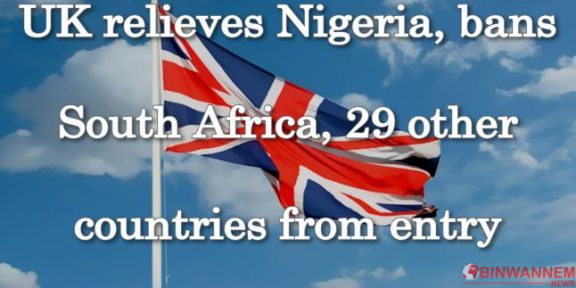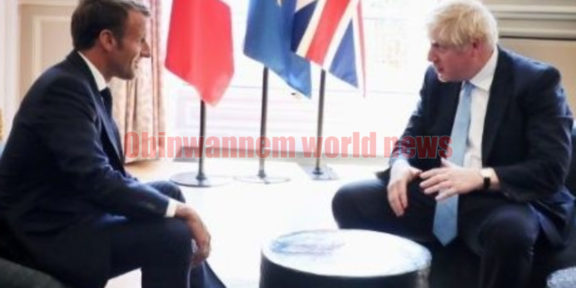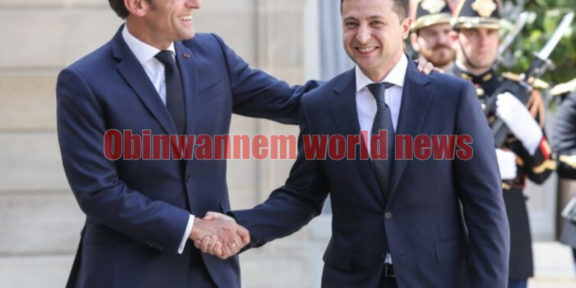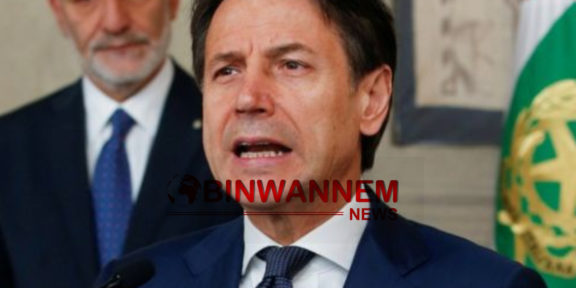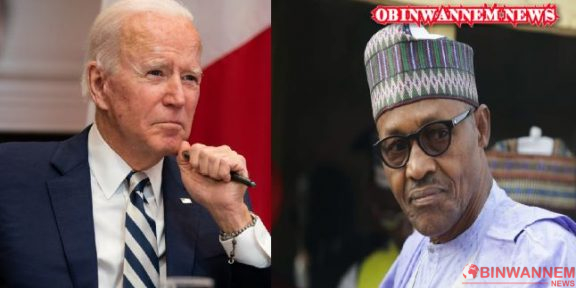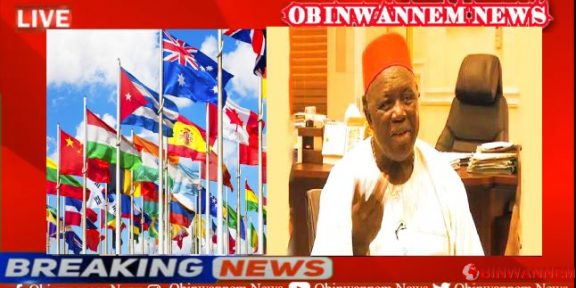The US extracted a high-level spy from inside Russia in 2017, reports say.
Citing “multiple Trump administration officials with direct knowledge” of the operation, CNN reported that US intelligence feared the source’s cover could be blown by US officials.
The decision was made soon after a meeting in which President Trump unexpectedly shared classified US intelligence with Russian officials.
Reports said the mole was the highest-level US source inside Russia.
Reporting by CNN and the New York Times said the source was outside the inner circle of Russian leader President Putin but had regular access to Mr Putin and was even able to photograph documents on the leader’s desk.
The covert source reportedly spied for the US for more than a decade as they rose through the ranks of the Russian government. According to the New York Times, the source was instrumental in the conclusion by US intelligence agencies in 2016 that Mr Putin had personally orchestrated Russia’s interference in the US presidential election.
The source’s information was so sensitive that then-CIA director John Brennan prepared special sealed files for President Obama, rather than include it in the president’s ordinary briefing, the Times report said.
The CIA – the intelligence agency said to have run the mole – declined to comment on the apparent revelations. White House press secretary Stephanie Grisham said CNN’s reporting was “not only incorrect” but had “the potential to put lives in danger”.
Reports are like ‘pulp fiction’ – Kremlin
Russian media named the spy as former presidential administration official Oleg Smolenkov. The Kommersant newspaper said Mr Smolenkov went on holiday with his family to Montenegro in 2017 and disappeared, before a man with the same name and a woman with the same name as Mr Smolenkov’s wife purchased a house in the US state of Virginia, near Washington DC.
Russian reports said Mr Smolenkov had worked for Yury Ushakov, a senior aide to President Putin.
Asked by the BBC on Tuesday about the reports, Kremlin spokesman Dmitry Peskov confirmed that Mr Smolenkov had worked for the presidential administration but denied that he had held a high-level position, adding that he had been sacked.
Mr Peskov described the US media coverage of the reported extraction as “pulp fiction”. Asked whether the Kremlin was concerned about Russian counter-intelligence, he said, “Russian counter intelligence is working fine”.
NBC news reported on Tuesday that it had visited the home in the Washington area it understood to belong to the exfiltrated agent, but the network said its correspondent, upon knocking on the door, was questioned by two men who approached in a car but declined to identify themselves.
Was extraction related to Trump?
The CIA reportedly first tried to extract the mole soon after a now-infamous meeting between President Trump, Russian Foreign Minister Sergei Lavrov and then-Russian ambassador to the US, Sergei Kislyak, at which Mr Trump was said to have shared classified operational details which could have exposed a US confidential source.
Other officials present at the meeting reportedly realised the president’s mistake and scrambled to inform the CIA and other intelligence agencies.
But the Russian mole reportedly refused the initial extraction attempt, citing family concerns – a move which threw the CIA for a time into doubt over the source’s trustworthiness. Months later, the CIA tried again and the source agreed to be exfiltrated.
There was no suggestion on Tuesday that President Trump directly compromised the source in Russia, and reports said that widespread media speculation about US intelligence conclusions had contributed to the decision to extract the source.
Last year, Russian operatives travelled to England and used a nerve agent in an assassination attempt against a former Russian military intelligence officer, Sergei Skripal, who had spied for the British.
And in 2006, Russian operatives killed a former intelligence officer, Alexander Litvinenko, in central London by poisoning his tea with radioactive material, according to British investigators.
Read more here>>> https://www.bbc.com









